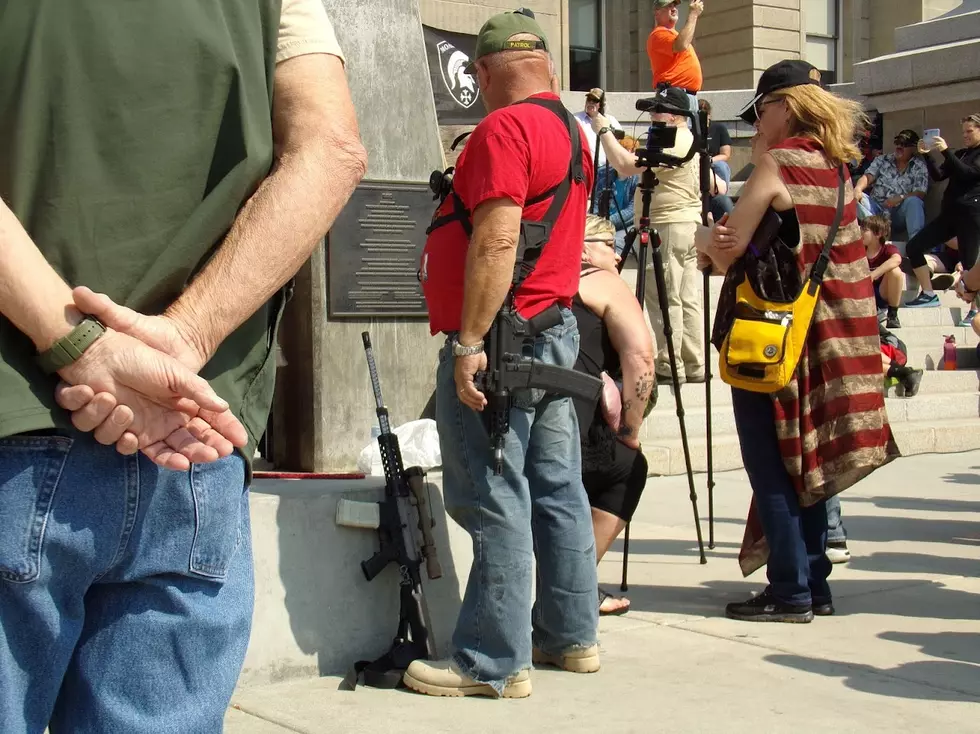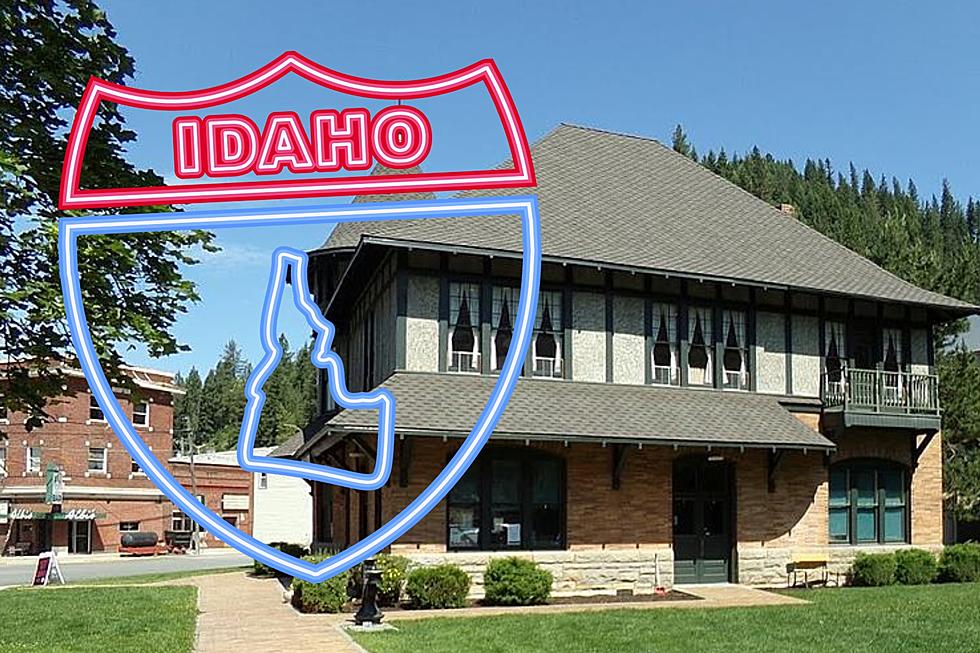
Like Texas, We Can’t Always Rely on Law Enforcement in Idaho
One of the guys at work told me he saw an online post calling me anti-police. Apparently on the Facebook page of one of our radio stations. I’m trying to figure out where that came from. We’ve got law enforcers on my show seven times a month and sometimes more often. When George Floyd died I defended Derek Chauvin. I believe the veteran officer was trained to put a knee on a shoulder or neck and was then thrown under a bus for political reasons. I defended deputies in Adams County when they killed a rancher a few years ago (and received some serious hate mail).
Maybe people don’t want to hear Ammon Bundy on the radio. He’s a well-funded candidate for Governor. Anyone else we can censor because we don’t like their positions? He isn’t so much anti-police as he’s opposed to government overreach.
Police Failed Those Kids in Texas
I took some heat off the air late last week. I criticized the law enforcement response in Uvalde, Texas on my personal Facebook page. While I understand the work isn’t easy, crying little kids were calling 9-1-1 as they were dying and cops were huddled outside their classroom.
When I was in kindergarten, the Chief of Police came to my classroom and visited with us. He was my neighbor and one of my dad’s closest friends. He came to the school to tell us we could count on the law. He often gave me rides to and from school.
Assuming those dying kids had heard the same promise, someone really let them down!
Cops Can't be Everywhere
I came across this link over the long holiday weekend. A quote struck me: But if the protectors have “no duty to protect” a person from harm, as the courts have maintained, then we’re left with no choice but to protect ourselves.
If we can’t count on law enforcement to be there for us, and sometimes they simply can’t be on every corner, then we need to look out for ourselves. Otherwise, the entire nation could become one giant classroom doubling as a shooting gallery.
LOOK: What 25 Historic Battlefields Look Like Today
25 True Crime Locations: What Do They Look Like Today?
More From Kool 96.5









